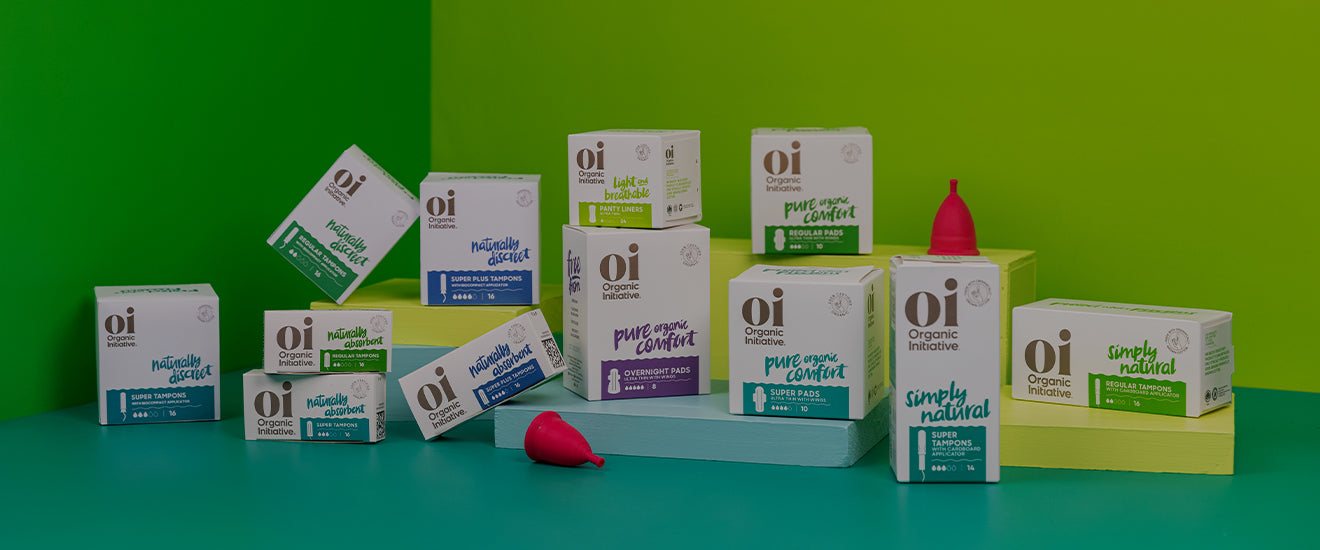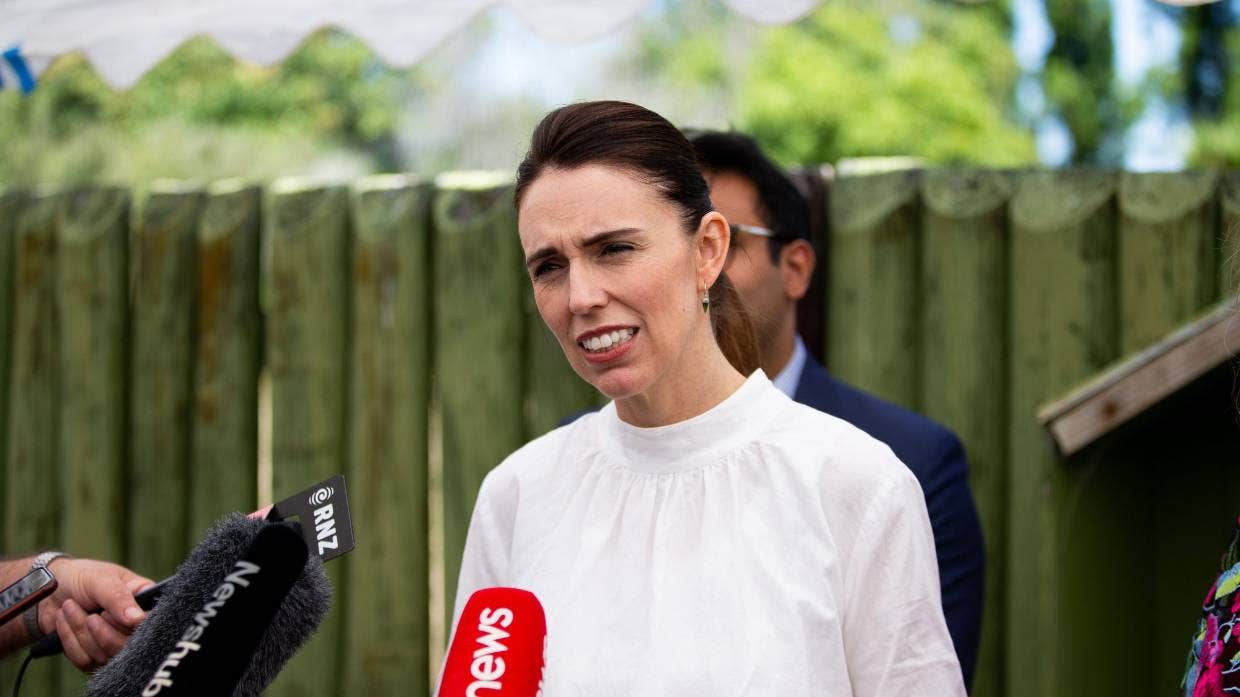
Speaking to Fairfield College students, staff, period poverty charities and Ngāti Wairere, Ardern made the promise to keep removing barriers that young people face.
”There’s lots of barriers that shouldn’t exist for our young people,” Ardern said.
“And one of the things stopping our young people from going to school is an issue called period poverty.
“One in 12 of our students possibly miss school because they don’t have access to period products. That’s just not right and not in a country like New Zealand.

Ardern said the positive response from the 15 schools and their students has encouraged the Government to expand the initiative to all New Zealand schools and kura.
“We’ve put enough aside in the budget to cater for basically every school that could put their hand up.
“It is an opt-in situation, but we already know many schools calling out for a programme like this, so I suspect the up take will be good.”
As a former principal of Merivale High School, a low socio-economic community in Tauranga, Tinetti said she has been aware of period poverty for a long time.

Students, staff and Ngāti Wairere welcoming MP Jacinda Ardern onto Fairfield College’s wharenui [above].
“I would see so many young people that would not turn up to school, and we would go to their home to find out why, and I broke my heart when I found out it was because they couldn’t afford products that are just part of our lives,” Tinetti said.
She said issues with periods at school included embarrassment, stigma, missing classes, being ‘’caught out’’ without product, cost, lack of knowledge and discomfort.
She said the pilot has made them aware of the demand for more education around periods as well. She thanked Fairfield college for being leaders in this.
With the Government in the process of refreshing the school curriculum, she said they plan to look into how best to implement these conversations into the curriculum.
“Feedback from the pilot noted that providing choice was important, both in types of products and the way they are accessed. Students also said they wanted information about periods, period products, and other practical elements of managing their period such as tracking and knowing when and who to reach out to for assistance.

“We need to have those discussions, and we need to have the education that goes alongside it.
“We are looking at that and the Ministry of Education is working with that information. As a previous principal I know that there’s not a lot of researches out there to support teacher, so we want to be able to rectify that too.”
About 3200 young people were provided with period products during the pilot.
The Ministry of Education will work with suppliers to manage a phased roll-out of the scheme, with period products available towards the end of term 2 for schools and kura that opt in by March of this year. Those schools and kura that do not initially choose to take up the initiative will continue to be able to opt in to the initiative at a later date.

Fairfield College nurse Shelley Bowe beside the school’s sanitary vending machine, one of the first in New Zealand [above].
In 2019, the Scottish Government agreed to fund free menstrual products for young people at schools, colleges and universities throughout the country, and in 2020 England, Wales and parts of Canada followed suit.
Fairfield College nurse Shelley Bowe, who has been fighting for free sanitary products in schools for years, said Arden’s announcement has been a long time coming.
“It’s very heartbreaking some of the stories we get to hear,” Bowe said.
“We hear about students not wanting to come to school because they need to spread their products out.
“That means they’re either wearing a tampon for a longer period of time then they should, and so they are scared of leaking, or they only have one tampon to last the whole day.
She’s also spoken with some students who have had to use rags, because they live in bigger families and their parents can’t afford to buy them products.
Some families will also go without for their daughters, so they make sacrifices in other areas.

Student Mariana Kingi [above] since the pilot, confidently grabs her two boxes of products each month without hiding them in a paper bag.
Having free products on hand, has not only given young women their “power back”, but has opened discussions, she said.
“I think this whole process that we’ve gone through having people come in and talk, having the students come out of class and taking a brown paper bag and having it out for people to see has made it become less taboo.
Access to products, however, is only the tip of the issue.
Bowe said her next project is to work with period poverty organisations to normalise menstrual cups and period underwear. This will give Year 13 students an option once they leave school.
“The issue doesn’t necessarily stop once they leave school.”
Written by Sharnae Hope for Stuff.co.nz | Originally published on Feb 19 2021

No Greenwashing.
Period.
